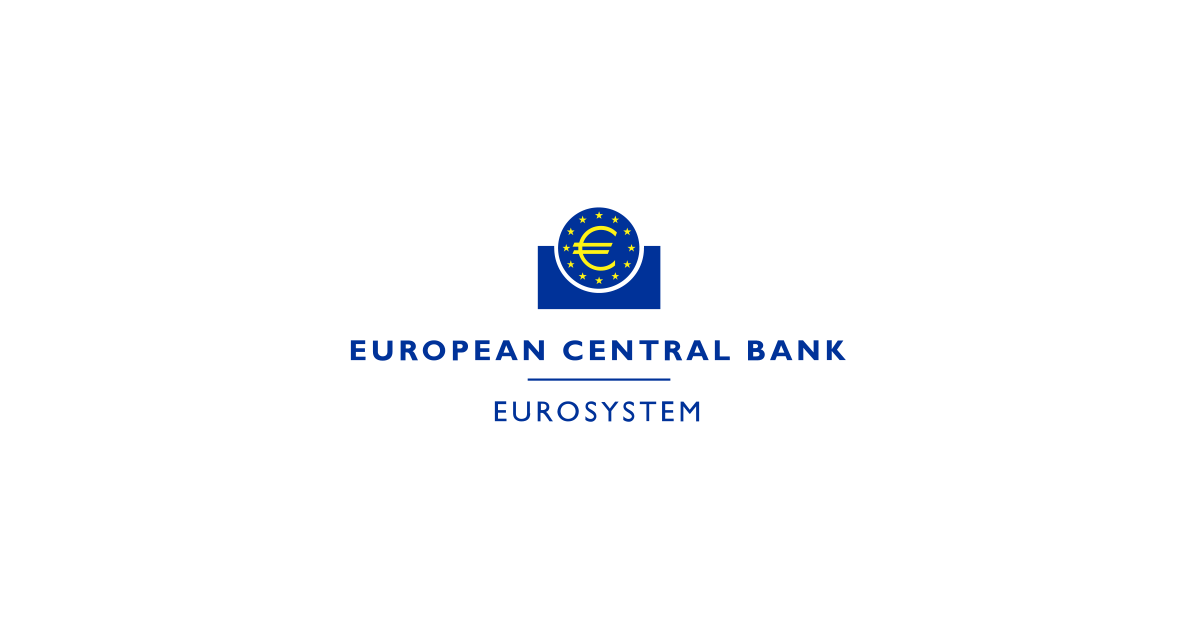
PRESS RELEASE
16 January 2019
- Governing Council, Executive Board and Supervisory Board members bound by same code
- Guiding principles for external communication by ECB Executive Board members strengthened and extended to other high-level officials
- Following recommendation by European Parliament, high-level ECB officials to publish annual Declarations of Interests
The European Central Bank (ECB) today published a single Code of Conduct for all ECB decision-makers and high-level officials. The code is the latest measure undertaken by the ECB to further strengthen and refine its good governance and integrity frameworks. The ethical rules take into account the ECB’s specificities as a central bank, a banking supervisor and an EU institution.
The code improves the management of potential conflicts of interest by introducing specific rules for post-employment activities, private financial transactions and relations with interest groups. It also foresees the publication of Declarations of Interests and monthly calendars, and includes measures for pursuing cases of non-compliance. The first Declarations of Interests are scheduled to be published on the ECB’s website in April 2019.
As a key element of the ECB’s good governance framework, the guiding principles for external communication by the ECB’s Executive Board members have been incorporated into the code and their application has been extended to all Governing Council and Supervisory Board members. These principles are a key element of the ECB’s good governance framework and establish stringent safeguards for interactions with interest groups and, in particular, financial market participants.
The new code, which entered into force on 1 January 2019, responds to requests from the European Parliament and the recommendations of the European Ombudsman.
For media queries, please contact Esther Tejedor, tel.: +49 69 1344 95596.
Notes:
- The Single Code of Conduct for high-level ECB officials covers the members of the Governing Council, the Executive Board, the Supervisory Board, the General Council, the Audit Committee, the Ethics Committee and the Administrative Board of Review.
- The code replaces the 2002 Code of Conduct applied to Governing Council members, the 2010 Supplementary Code of Ethics Criteria for Executive Board members and the 2014 Code of Conduct for Supervisory Board members.
- The Governing Council of the ECB is the institution’s main decision-making body. It consists of the six members of the Executive Board plus the governors of the national central banks of the 19 euro area countries. Its responsibilities include adopting the guidelines and taking the decisions necessary to ensure the effective performance of the tasks entrusted to the ECB and the Eurosystem, and formulating monetary policy for the euro area.
- The Executive Board consists of the President, the Vice-President and four other members. Its responsibilities include preparing for Governing Council meetings, implementing monetary policy for the euro area in accordance with the guidelines specified and the decisions taken by the Governing Council, and managing the day-to-day business of the ECB with the support of the Chief Services Officer.
- The Supervisory Board plans and carries out the ECB’s supervisory tasks. It consists of the Chair, the Vice-Chair, four ECB representatives and representatives from the national supervisors.
Follow this news feed: EU





